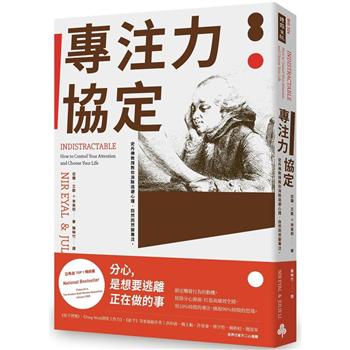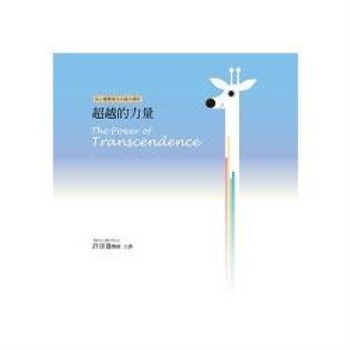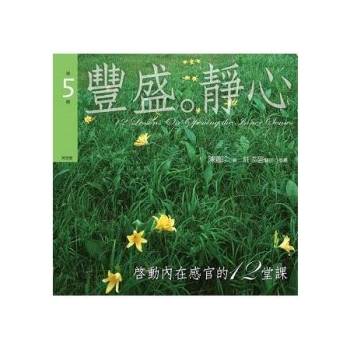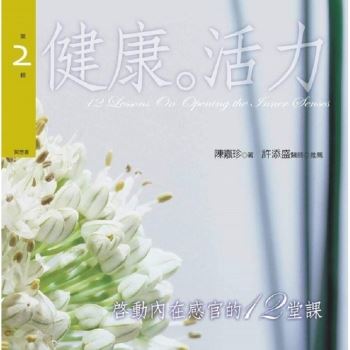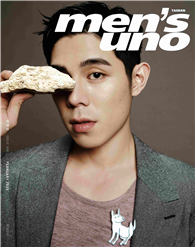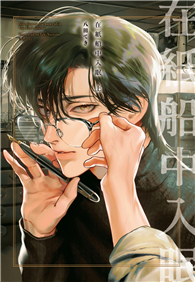| FindBook |
有 1 項符合
How to Do Things With Shakespeare―New Approaches, New Essays的圖書 |
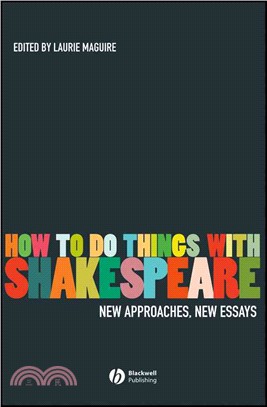 |
How To Do Things With Shakespeare - New Approaches, New Essays 作者:Maguire,Laurie,Ph.D.(EDT) 出版社:Blackwell Pub 出版日期:2007-10-16 語言:英文 規格:平裝 / 308頁 / 14 x 22.2 x 1.9 cm / 普通級 |
| 圖書館借閱 |
| 國家圖書館 | 全國圖書書目資訊網 | 國立公共資訊圖書館 | 電子書服務平台 | MetaCat 跨館整合查詢 |
| 臺北市立圖書館 | 新北市立圖書館 | 基隆市公共圖書館 | 桃園市立圖書館 | 新竹縣公共圖書館 |
| 苗栗縣立圖書館 | 臺中市立圖書館 | 彰化縣公共圖書館 | 南投縣文化局 | 雲林縣公共圖書館 |
| 嘉義縣圖書館 | 臺南市立圖書館 | 高雄市立圖書館 | 屏東縣公共圖書館 | 宜蘭縣公共圖書館 |
| 花蓮縣文化局 | 臺東縣文化處 |
|
|
- 圖書簡介
This collection of 12 essays uses the works of Shakespeare to show how experts in their field formulate critical positions. * A helpful guidebook for anyone trying to think of a new approach to Shakespeare * Twelve experts take new critical positions in their field of study using the writings and analysis of Shakespeare, to show how writers (students and academics) find topics and develop their ideas * Features autobiographical prefaces that explain how the experts chose their topics and why the editor commissioned these particular essays, topics, and authors * Argues that literary research is a reaction to experiences, thoughts or feelings * Essays are arranged in small dialogues of two or three, forming a debate * Teaches students to respond individually to cultural positions
* A helpful guidebook for anyone trying to think of a new approach to Shakespeare * Twelve experts take new critical positions in their field of study using the writings and analysis of Shakespeare, to show how writers (students and academics) find topics and develop their ideas * Features autobiographical prefaces that explain how the experts chose their topics and why the editor commissioned these particular essays, topics, and authors * Argues that literary research is a reaction to experiences, thoughts or feelings * Essays are arranged in small dialogues of two or three, forming a debate * Teaches students to respond individually to cultural positions - 作者簡介
Laurie Maguire is a Fellow of Magdalen College and Reader in English at Oxford University. Her books include Shakespearean Suspect Texts (1996), Studying Shakespeare (2004), Where There’s a Will There’s a Way (2006), and Shakespeare’s Names (2007). Maguire has published widely on Renaissance drama, textual problems, performance, and women's studies.
- 目次
Notes on Contributors.
Introduction: Laurie E. Maguire (Magdalen College, University of Oxford).
Part I How To Do Things with Sources.
1. French Connections: The Je-Ne-Sais-Quoi in Montaigne and Shakespeare: Richard Scholar (Oriel College, Oxford).
2. Romancing the Greeks: Cymbeline's Genres and Models: Tanya Pollard (Brooklyn College, City University of New York).
3. How the Renaissance (Mis)Used Sources: The Art of Misquotation: Julie Maxwell (Lucy Cavendish College, Cambridge).
Part II How To Do Things with History.
4. Henry VIII, or All is True: Shakespeare's "Favorite" Play: Chris R. Kyle (Syracuse University).
5. Catholicism and Conversion in Love's Labour's Lost: Gillian Woods (Wadham College, Oxford).
Part III How To Do Things with Texts.
6. Watching as Reading: The Audience and Written Text in Shakespeare's Playhouse: Tiffany Stern (University College, Oxford).
7. What Do Editors Do and Why Does It Matter?: Anthony B. Dawson (University of British Columbia).
Part IV How To Do Things with Animals.
8. "The dog is himself": Humans, Animals, and Self-Control in The Two Gentlemen of Verona: Erica Fudge.
(Middlesex University).
9. Sheepishness in The Winter's Tale: Paul Yachnin (McGill University).
Part V How To Do Things with Posterity.
10. Time and the Nature of Sequence in Shakespeare's Sonnets: "In sequent toil all forwards do contend": Georgia Brown (independent scholar).
11. Canons and Cultures: Is Shakespeare Universal? : A. E. B. Coldiron (Florida State University).
12. "Freezing the Snowman": (How) Can We Do Performance Criticism?: Emma Smith (Hertford College, Oxford).
Index
|
